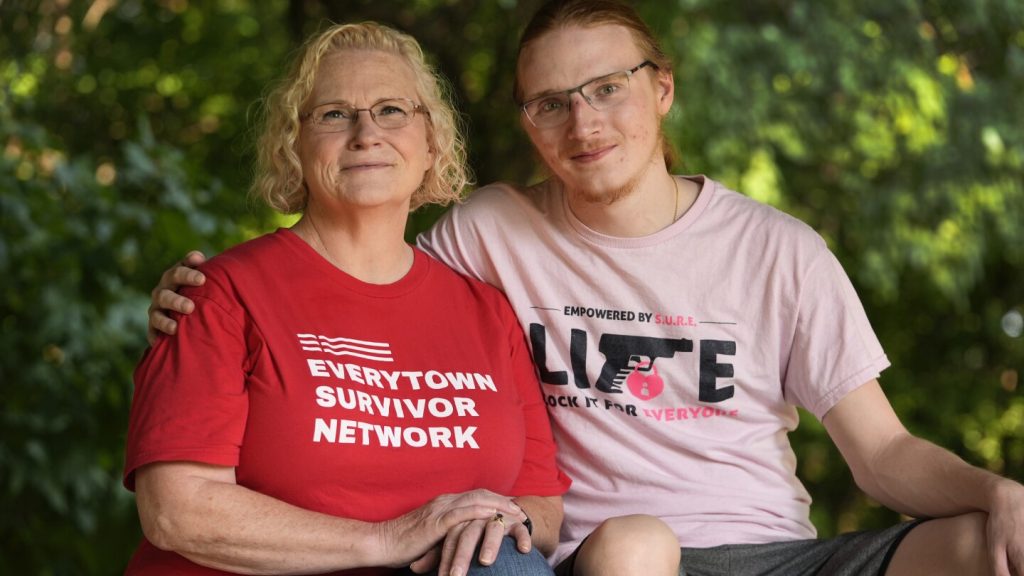The Supreme Court is set to hear arguments on Tuesday regarding a Biden administration rule aimed at blocking teenagers and individuals who cannot pass background checks from purchasing ghost gun kits. Ghost guns are privately made firearms without serial numbers, and their numbers have been on the rise in recent years. The regulation, which went into effect in 2022, focused on kits sold online that contain all the necessary components to build a functioning firearm in a short amount of time. These kits were popular among individuals who could not legally purchase a gun, as they did not require background checks or age verification.
The regulation faced pushback from manufacturers and gun-rights groups, who argue that the ATF overreached in targeting a product that had been legal for many years. More than two dozen Republican-leaning states have backed these arguments, stating that the regulation exceeds ATF’s statutory authority. However, the regulation has led to a decrease in recovered ghost guns at crime scenes in cities like New York, Los Angeles, and Philadelphia. Despite this, industry groups believe that the best way to address gun violence is by enforcing existing laws and that Congress would need to take action to address the issue.
The case before the Supreme Court is not directly about the Second Amendment but rather focuses on the powers of federal agencies. Conservative justices have historically been skeptical of federal agency powers, and this case could have broader implications for agency regulations moving forward. The court previously intervened to keep the regulation in effect during the legal battle, with Chief Justice John Roberts and Justice Amy Coney Barrett joining the court’s liberals in forming a majority. The court’s decision in this case could impact the ability of federal agencies to regulate various industries, including firearms.
The Biden administration’s regulation is being challenged by individuals, including a Texas high school teacher, as well as kit manufacturers and gun-rights groups. They argue that the regulation was intended to destroy the industry rather than regulate it. They compare the kits to pinewood derby car kits popular with Boy Scouts, while the government likens them to Ikea bookshelves. However, the court will ultimately have to decide whether the administration overstepped its bounds in implementing this regulation and whether it is within the ATF’s authority to regulate the sale of ghost gun kits. The outcome of this case could have far-reaching implications for gun control regulations and federal agency powers in the future.


